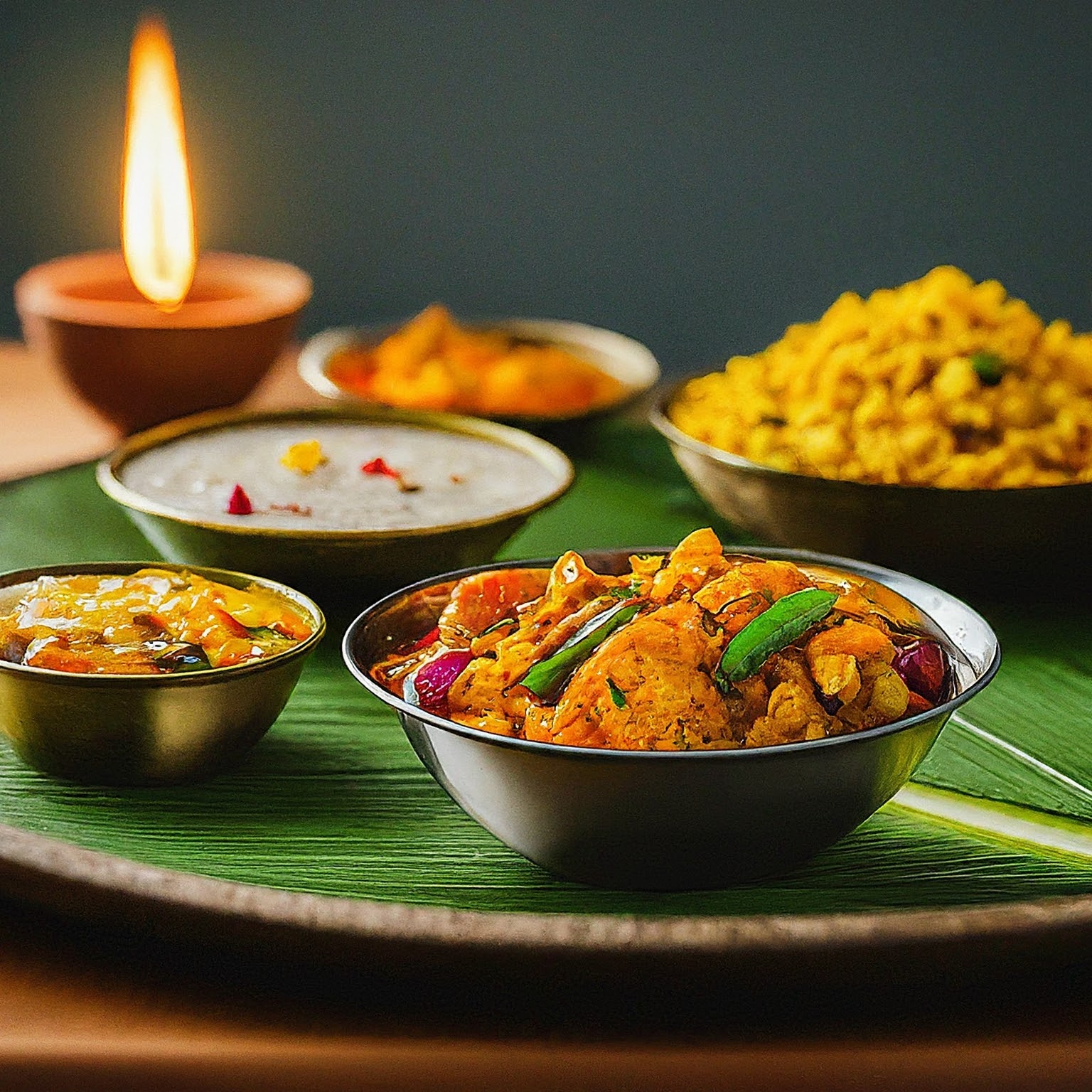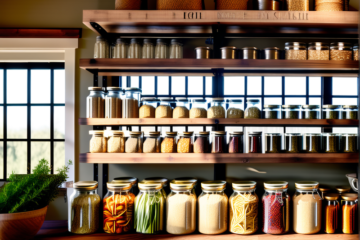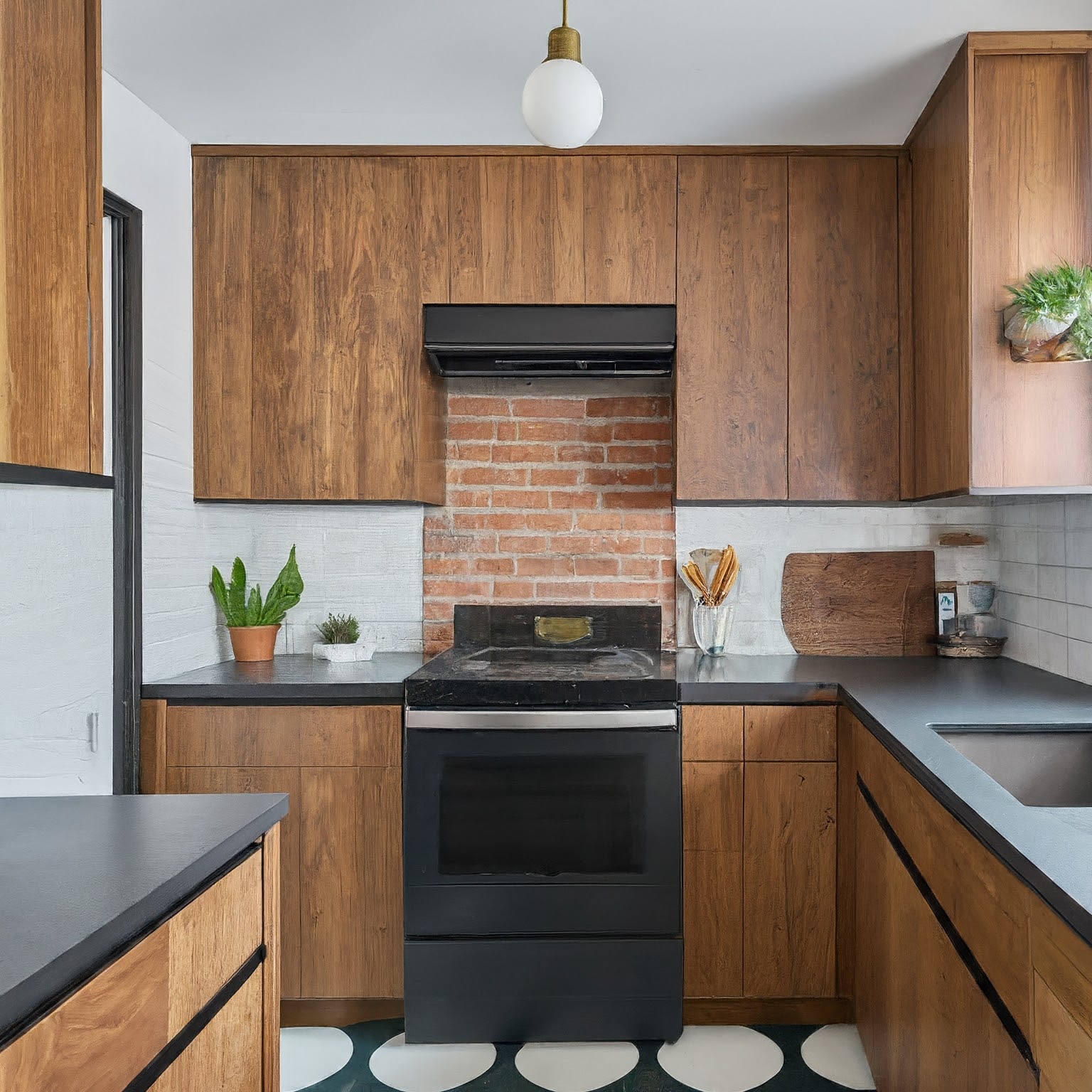The kitchen is a canvas, and the cook, an artist. Just as painters wield brushes and sculptors mold clay, chefs and home cooks alike employ various techniques and skills to create culinary masterpieces. In this article, we delve into the realm of culinary tips and techniques, offering insights and guidance to elevate your cooking to new heights.
- Knife Skills: One of the fundamental skills in the kitchen is mastering the art of knife work. From dicing onions to filleting fish, efficient and precise knife skills can significantly enhance your cooking experience. Start by selecting the right knife for the task at hand – a chef’s knife for general chopping and slicing, a paring knife for intricate work, and a serrated knife for bread and delicate items. Hold the knife with a firm grip and practice the rocking motion while chopping to achieve uniform cuts and prevent accidents.
- Flavor Balancing: A hallmark of great cooking is achieving a harmonious balance of flavors – sweet, salty, sour, bitter, and umami. Experiment with ingredients such as citrus juices, vinegar, herbs, and spices to enhance and complement the taste of your dishes. Remember to taste as you cook and adjust seasoning accordingly, striving for a perfect balance that tantalizes the taste buds.
- Temperature Control: Temperature control is key to achieving optimal results in cooking. Whether sautéing, simmering, or baking, understanding the importance of heat management can make or break a dish. Invest in a reliable thermometer to monitor internal temperatures of meats and baked goods, and learn to adjust heat levels on your stovetop to prevent burning or undercooking.
- Proper Seasoning: Salt is more than just a seasoning – it’s a flavor enhancer that can elevate the taste of any dish when used judiciously. However, achieving the right balance of salt is crucial to avoid overpowering or dulling the flavors. Season your dishes in layers, adding salt gradually throughout the cooking process to build depth of flavor. Additionally, experiment with other seasonings such as freshly ground pepper, herbs, and spices to add complexity to your dishes.
- Cooking Techniques: Expand your culinary repertoire by mastering a variety of cooking techniques, from sautéing and braising to roasting and grilling. Each method imparts unique flavors and textures to ingredients, offering endless possibilities for creative expression in the kitchen. Practice searing meats to achieve a caramelized crust, or experiment with steaming vegetables to preserve their natural color and nutrients.
- Mise en Place: The French culinary concept of “mise en place” translates to “everything in its place” and emphasizes the importance of preparation and organization in the kitchen. Before starting any recipe, gather and prepare all ingredients, utensils, and equipment needed for the task. This not only streamlines the cooking process but also reduces stress and ensures a smoother culinary experience.
- Embracing Mistakes: In the kitchen, as in life, mistakes are inevitable – but they also present valuable learning opportunities. Embrace the occasional culinary mishap as a chance to experiment, innovate, and refine your skills. Whether it’s salvaging an overcooked dish or improvising with limited ingredients, resilience and adaptability are essential qualities of any great cook.
Conclusion: Mastering the art of culinary excellence is a lifelong journey filled with discovery, experimentation, and growth. By honing your knife skills, balancing flavors, controlling temperature, seasoning properly, mastering cooking techniques, prioritizing mise en place, and embracing mistakes, you can elevate your cooking to new heights and delight your taste buds with every dish you create. So don your apron, sharpen your knives, and embark on a culinary adventure that will nourish both body and soul. Happy cooking!




